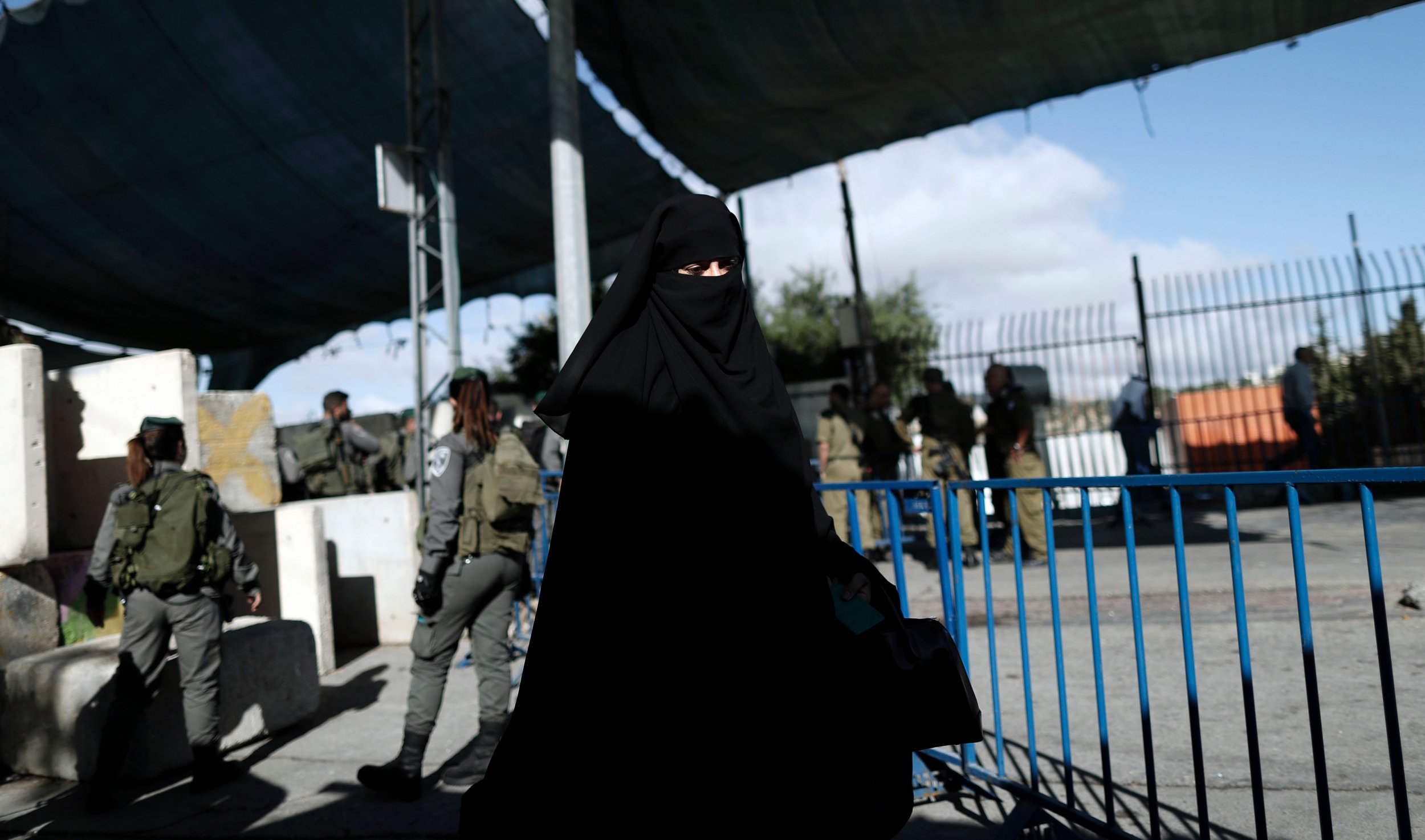
Quebec could pass a law that means that Muslim women wearing a burqa or niqab would not be able to use public services—including city buses or the metro—without unveiling.
The National Assembly of Quebec could vote as early as Tuesday on Bill 62, a proposed religious neutrality bill, that would ban public workers from wearing any face covering, CBC News reported.
If passed, the bill would mean that workers including doctors, nurses and teachers would be barred from wearing the burqa, niqab or any other face covering.
But it would also mean that people using public services—including transport—would have to have their faces on display.
"As long as the service is being rendered, the face should be uncovered," Quebec Justice Minister Stéphanie Vallée said in a Monday interview on CBC's Daybreak radio program.
"This is a bill about le vivre ensemble [living together in harmony], it's a bill about guidelines and clearly establishes the neutrality of the state."
Read more: Europe's burqa bans show the problems with banning the veil
Governments in Quebec have tried to pass legislation banning the veil when using public services on two occasions before.
The Liberal government of Jeans Charest proposed a bill that would require people to uncover their faces and identify themselves before receiving government services in 2010, but were defeated in the 2012 election before the bill could be passed.
The Parti Quebecois government in 2013 proposed a bill known as the Quebec Charter of Values. The proposed legislation banned public sector workers from wearing "conspicuous" religious symbols—including veils often worn by Muslim women, kippahs worn by Jews and large crosses or religious pendants. The controversial law failed to pass before the 2014 election.
The present Liberal government proposed the current legislation in 2015 but its progress through parliament has been slow. Muslim groups have said that the bill unfairly targets Muslim women who wish to veil, while the two main opposition parties in Quebec have said the bill does not go far enough.
There is also confusion about whether the proposed ban would apply in all circumstances. The legislation currently says that exemptions are possible if there is a "serious" request on religious grounds, but it is not clear how "serious" is defined.
Minister Vallée said that the bill was not meant to target particular religious groups, saying that it would, for example, also apply to masked protesters. "We're talking about having the face uncovered. It's not [about] what is covering the face," she said.
The issue of veiling has been controversial in many parts of the West, especially in Europe. France became the first European country to ban the full-face Islamic veil in public places in 2011. Belgium passed a similar law in 2011 and a ban on full-face veils in public came into effect in Austria on October 1.
Uncommon Knowledge
Newsweek is committed to challenging conventional wisdom and finding connections in the search for common ground.
Newsweek is committed to challenging conventional wisdom and finding connections in the search for common ground.
About the writer
Conor is a staff writer for Newsweek covering Africa, with a focus on Nigeria, security and conflict.





